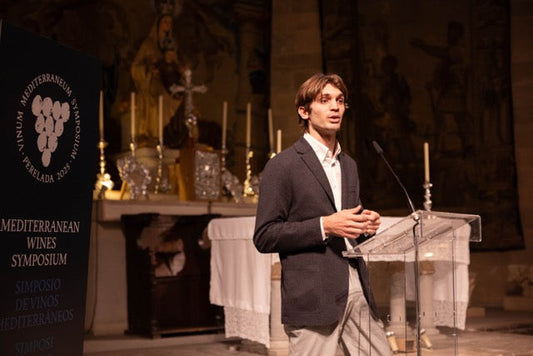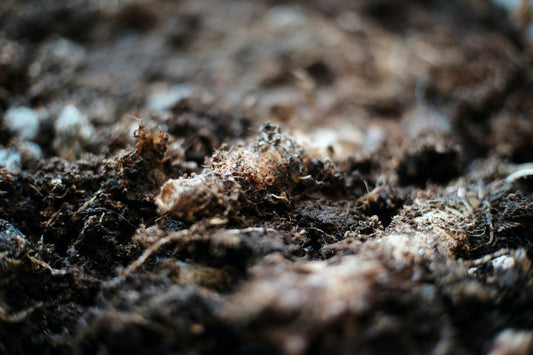| As the adage goes, what’s old inevitably becomes new again. Such a case could be argued for the category of natural wine. Though the style has existed for thousands of years (both intentionally and accidentally), it’s only recently that it’s emerged as a marker of status – a fashionable drink imbibed by the most in-the-know bon vivants.
The widely held narrative within the natural wine community pays homage to the ‘Gang of Four’ from the Beaujolais, credited with popularizing the category globally: Marcel Lapierre, Jean-Paul Thévenet, Guy Breton and Jean Foillard. All eschewed the use of chemicals in the vineyard and adopted a hands-off approach in the cellar. It’s said their philosophy was inspired by Beaujolais négociant Jules Chauvet.
Natural wine remained niche throughout the 1980s and ’90s but the onset of social media in the early 2000s provided it with a diving board into mainstream culture, and it took the world by storm with natural wine bars, pop up bars, clubs and books. The fascination was escalated in part by the farm-to-table movement, which linked these outlets to specific wine producers. Consumed by ‘the Natties’ – young, city-dwelling hipsters with a hyper awareness of where and how their favourite products are made – the craze continued…
Recently, natural wine has come under fire for hiding behind convictions of purity. The lack of corrective chemicals used making natural wine – particularly those known to clean up unpleasant flaws like mousiness – has meant that faults have become problematic among many of the wines. For this reason, many wineries are moving away from advertising themselves as natural, or not waving the flag at all – instead, adopting the term ‘low intervention’ to signal a more holistic, yet pragmatic style of winemaking.
Here are a few wineries to check out and try; each is considered part of the ‘new wave’ of natural winemaking:
Whispering Horse
Pushing the limits of what’s possible in Canadian viticulture, co-proprietors Melissa Giesbrecht and Laurent Fadanni came about their property in a wonderfully serendipitous fashion. Their 10-acre site in the Fraser Valley, just outside Vancouver, was formerly a ranch belonging to Melissa’s grandparents. Now it’s converted to vines, most of which are hybrids. The name is a nod to the former equestrian arena that today acts as the production facility.
Thorn and Burrow
Espousing the ancient method of skin contact winemaking, former Vancouver sommelier Alex Thornley harvest-hopped the world for a few years until finally settling in the Similkameen Valley, British Columbia, where he makes his portfolio of ‘orange wines’ at a friend’s cellar, Scout Vineyards. Describing his project as ‘gorilla winemaking’, Alex scours both the Similkameen and neighbouring Okanagan Valley for organically farmed fruit, destined to make juice he can enjoy with friends.
Swick Wines
‘Sometimes a pinch of sulphur makes a huge difference.’ Swick Wines is a medium-sized winery based in the Willamette Valley producing minimal-intervention wines from responsibly farmed vineyards throughout the Pacific Northwest. Proprietor Joe Swick’s focus is on showcasing grape varieties grown in colder, higher elevation sites; he is happy to use sulphur, just a little, to keep the wines clean and fault-free.
Domaine Anne-Sophie Dubois
One of the most talented young vignerons to have emerged from Beaujolais in some time, Anne-Sophie is making gorgeous examples of Gamay in Fleurie. She uses techniques highly celebrated within the natural wine community, such as 100% whole-bunch fermentation to give a rich intensity of perfume, élevage in old oak, and organic farming for the fruit. | 



